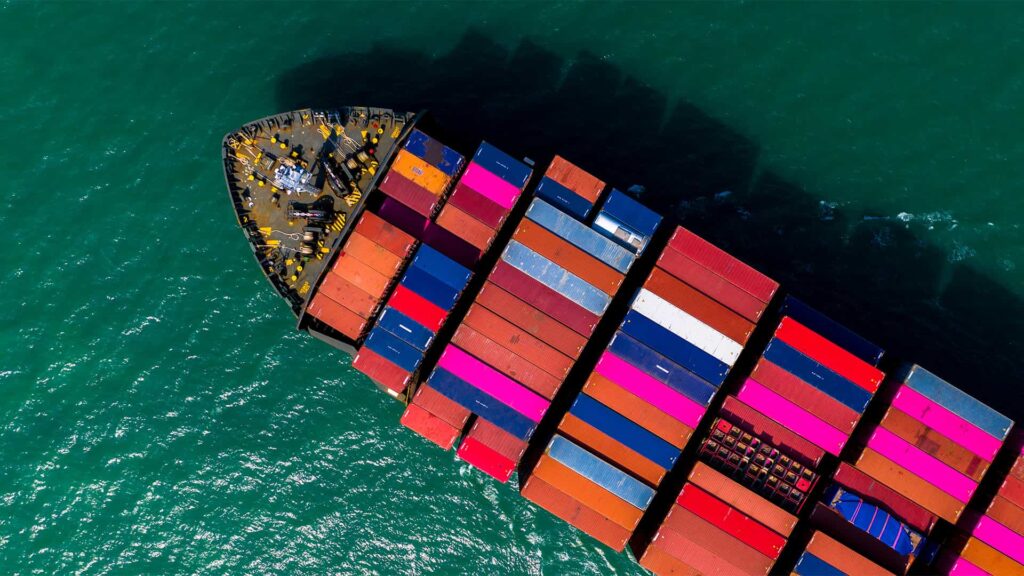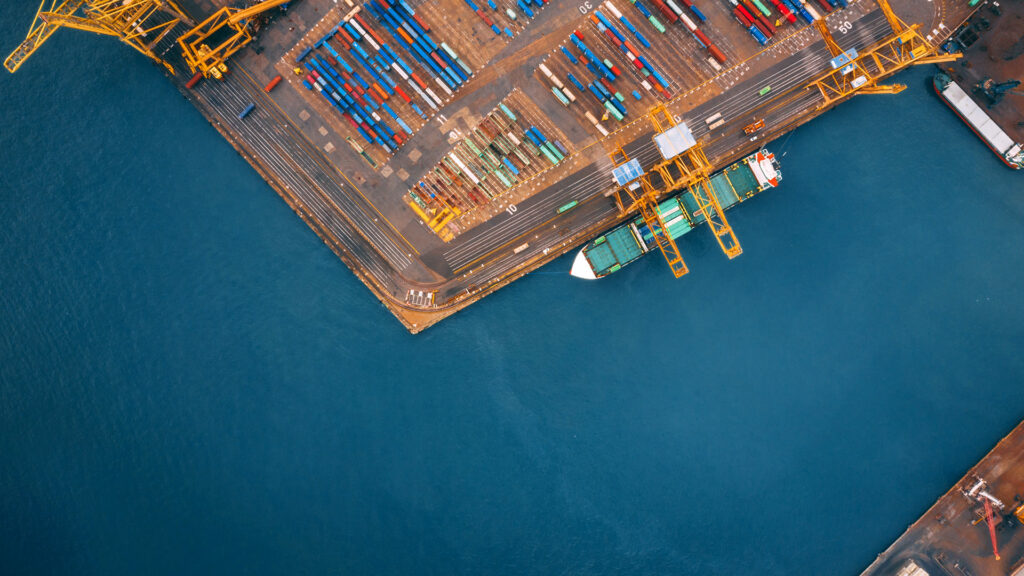Executive order of January 27 2017 and its effect upon crewing of vessels calling in the US, February 2017
Amid protests across multiple US airports, the firing of the acting US Attorney General Yates, President Trump’s recent executive order banning entry into the US from seven Middle Eastern countries has been controversial to say the least. For the maritime industry, President Trump’s executive order creates uncertainty and raises practical concerns about crewing vessels calling in the US.
On January 27 2017 President Trump issued an executive order entitled “Protecting The Nation Form Foreign Terrorist Entry into the United. States.” (the Immigration Order). An executive order is a directive by the President that calls for federal agencies to take a specific action or to change an existing practice. If the President has the authority to issue that directive, either through the US Constitution or statute, it becomes legally binding.
The Immigration Order states that President Trump’s authority to issue the order is derived from the US Constitution, the Immigration and Nationality Act, 8 USC. §1101, and 3 USC. § 301, which is entitled the “President.” As evidenced by a January 28 2017 New York federal district court decision that enjoined the deportation of several visa holders from the proscribed countries, the Immigration Order is expected to cause significant litigaiton.
Using the September 11 2001 attacks as an example, the stated purpose of the Immigration Order is to protect against terrorist attacks by detecting individuals with terrorist ties and stopping those individuals from entering the US As part of this process, those applying for visas to enter the US will be more carefully scrutinized. The Immigration Order also calls for federal agencies to conduct a review to determine what information is required to impose stricter vetting standards.
The most controversial part of the Immigration Order can be found in section 3(c), which provides for a 90 day prohibition, regardless of visa status, from entry into to the US of foreign nationals from the following countries: Iraq, Iran, Libya Somalia, Sudan, Syria, and Yemen. The Immigration Order further suspends all refugee admission for 120 days and bars Syrian refugees indefinitely. The order also calls for a review into potentially suspending the Visa Interview Waiver Program, which allows travelers from 38 countries – including close US allies – to renew travel authorizations without an in-person interview.
The Immigration Order does not affect US citizens. In a January 29 2017 Department of Homeland Security (DHS) press release, DHS clarified that the entry of lawful permanent residents, (green card holders) into the US is allowed in the absence of the receipt by DHS of “significant derogatory information indicating a serious threat to public safety and welfare.” In other words, the Immigration Order chiefly applies to non-US citizens.
As US Customs and Border Protection (CBP), a DHS enforcement agency, officials struggle to implement and enforce the Immigration Order; the Immigration Order creates multiple issues for vessel operators calling in the US who have crewmembers from the affected countries. Accordingly, vessel operators should consider refraining from arranging crew changes in the US for citizens of the identified countries, including flights with transit through the US For a crew medical emergency, there is language in section 3(g) of the Immigration Order that would allow CBP officials to admit a crewman on a case by case basis. Some P&I Clubs have also suggested that for those nationals affected by the Visa Interview Waiver Program, it may be prudent to contact the local US embassy or consulate for guidance as an interview now appears to be required to obtain a visa.
While the larger ultimate policy questions, legal and political fallout from the Immigration Order currently remain unresolved, the maritime industry will likely have to live with terms of the Immigration Order for at least the next 90 days. In the interim, vessel operators should keep apprised any further clarification provided by federal authorities.
For more information, please contact James Brown, Partner on +1 (713) 917 0888 or jim.brown@hfw.com, or Michael Wray on +1 (713) 917 0888 or michael.wray@hfw.com or your usual contact at HFW.
Download a PDF version of ‘Executive order of January 27 2017 and its effect upon crewing of vessels calling in the US, February 2017’










